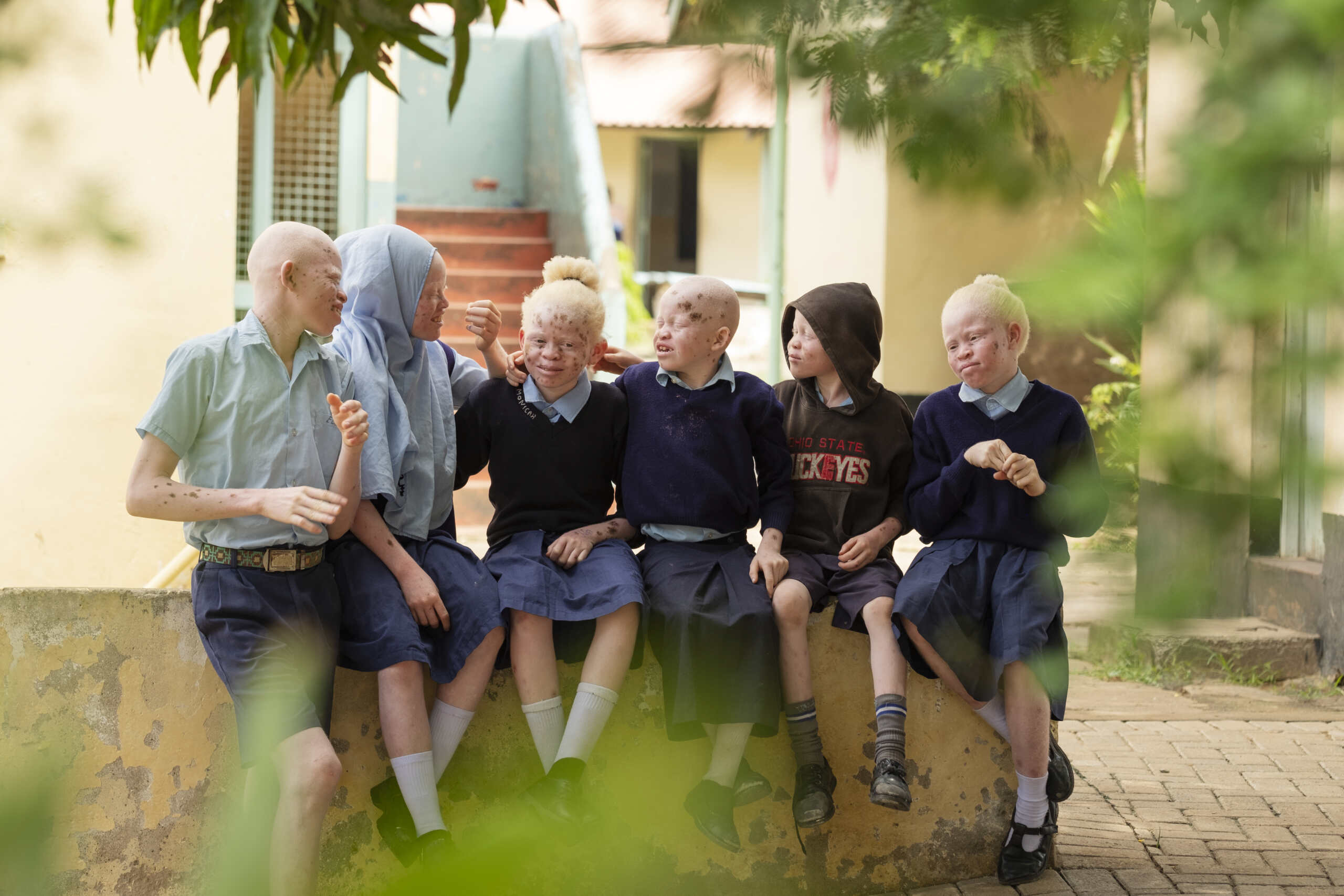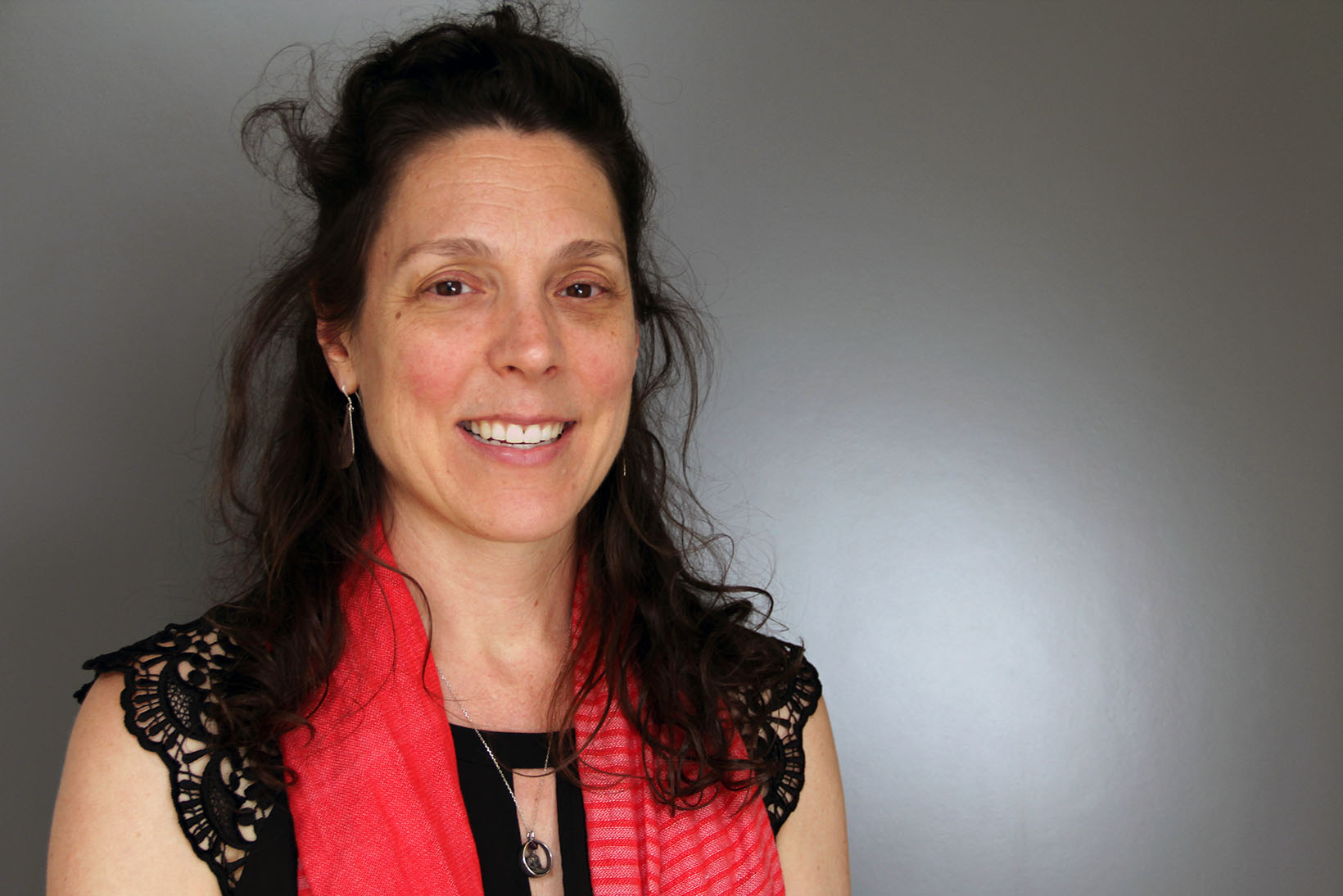Persons with Disabilities Lead Climate Advocacy: Bangladesh Voices at the Forefront
News | September 19, 2025
Bangladesh, one of the world’s most climate-vulnerable countries, faces intensifying floods, sea-level rise, and extreme weather. For persons with disabilities, the risks are greater, limited access to safe housing, healthcare, and livelihoods often leaves them excluded from emergency response and adaptation efforts.
“The climate-related webinar is a very important initiative for persons with disabilities in Bangladesh. It allows us to highlight our problems, solutions, and opportunities while building the skills to engage in advocacy with government and non-government actors,” said Sanjida Akter, Access Bangladesh Foundation.
This reality set the stage for the launch of the second phase of Climate: The Issue of Our Time, an international advocacy programme led by Organisations of Persons with Disabilities (OPDs) and CBM Global. The new phase was inaugurated through a global webinar on 31 July 2025 with participants from Bangladesh, Nepal, Philippines, Kenya, Madagascar, and Zimbabwe.
The programme aims to strengthen the leadership of persons with disabilities in climate advocacy and ensure their perspectives shape national and global policy processes. Over the next year, country teams will:
- Build alliances,
- Analyse inclusive climate policies, and
- Host national roundtables on disability-inclusive climate action.
These activities will culminate in a global dialogue in 2026.
“I joined this webinar out of curiosity, but soon realised it is an opportunity for persons with disabilities to familiarise themselves with climate change adaptation and to understand how and to whom we should raise our voices about climate justice,” said Iftekhar Mahmud, Director of B-SCAN.
The first session introduced climate science and its impact on persons with disabilities. The participants from different countries reflected on 25 years of change, sharing lived experiences and evidence. Presentations on national impacts highlighted practical solutions, and accessibility was prioritised through local language and sign language interpretation.
Bangladesh’s OPDs played a strong role by presenting the compounded risks faced by persons with disabilities in coastal and flood-prone areas, while also proposing inclusive adaptation measures such as disability-responsive early warning systems and accessible shelters.
The Key Takeaways from the Webinar
- Climate vulnerability is unequal – Persons with disabilities face higher risks and require targeted policies to ensure safety and dignity.
- Accessibility drives participation – Interpretation and inclusive facilitation are essential to meaningful engagement.
- Local voices are global solutions – Insights from OPDs in Bangladesh and other countries must inform both national strategies and global climate negotiations.
As the programme progresses, OPDs will produce national climate briefing notes and host inclusive roundtables, feeding into global advocacy in 2026. The initiative underscores that disability-inclusive climate action is not only a matter of equity but also a human rights obligation under the UN Convention on the Rights of Persons with Disabilities (CRPD).
https://cbm-global.org/news/persons-with-disabilities-lead-climate-advocacy
Related News

WHO adds Sunscreen to Essential Medicines List: A Global Victory for Disability Rights
Together with the Africa Albinism Network, CBM Global is...

Climate Change and Disability: Stories from the Frontlines
When we talk about climate change, the focus often lands on charts, data, and...

CBM Global’s Elizabeth Lockwood Appointed to Programme Committee for 2026 UN World Data Forum
CBM Global Disability Inclusion is proud to announce that...
